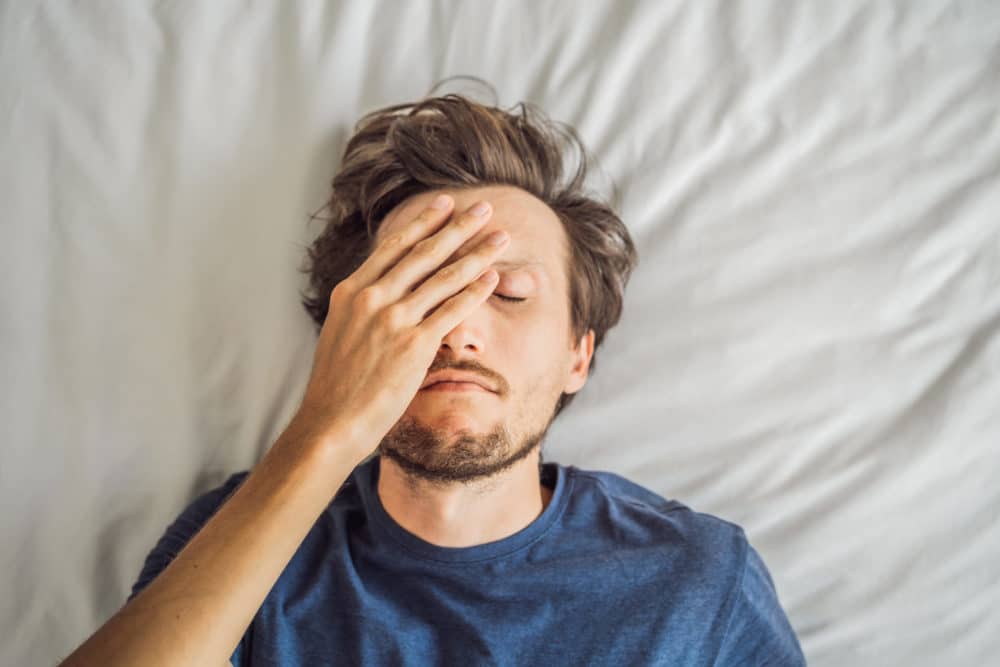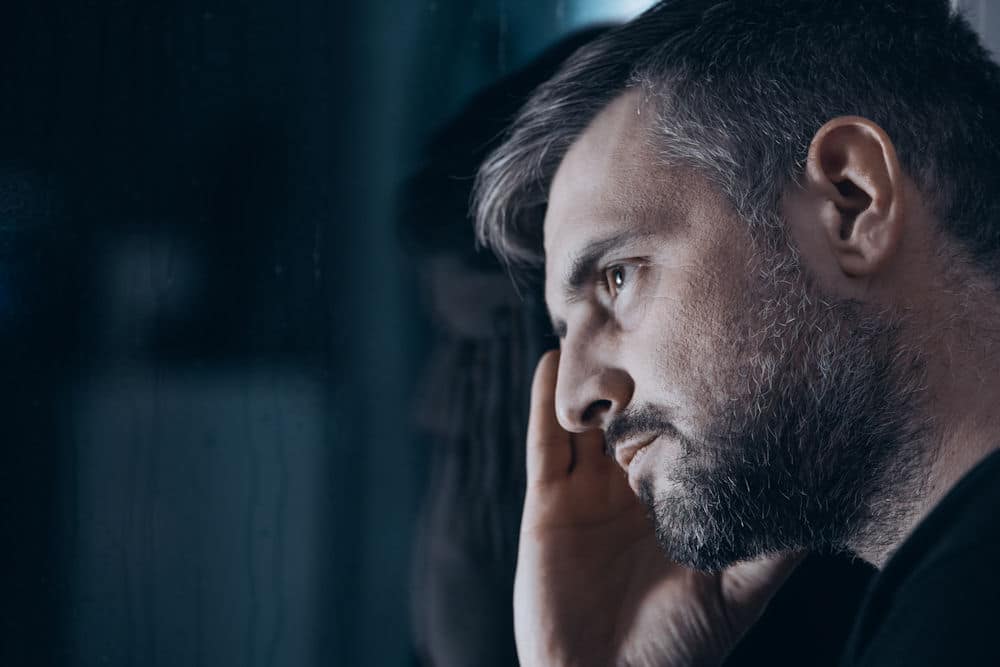It is possible to succumb to complications from chronic use of sleeping pills and overdose. This answers the common question “can you overdose on sleeping pills?” This fact cannot be stressed enough and people continue to use and abuse sleeping pills with no notion of how dangerous it really is.
While most sleeping pills are prescribed medications for those who suffer from insomnia or disrupted sleeping patterns, many tend to take more than the dosage prescribed to them, unaware that this practice moves them closer to an overdose.
Sleep is an essential part of staying alive. With little to no sleep, bodily functions start to fail, such as coordination, motor control, and being able to stay awake. People who find it difficult to fall asleep or stay asleep often resort to taking sleeping pills just to be able to fall and stay asleep long enough to be rested. Chronic use of sleeping pills will definitely build a tolerance in the person, requiring taking more than what was safely prescribed, and this is how sleeping pill addiction occurs.
What are the Most Common Sleeping Pills?
Sleeping pills are generally classified as either over-the-counter (OTC) medication, or the ones that you could get through prescription.
Over-the-counter Sleeping pills
 These sleeping pills are one that you could buy over the counter at local pharmacies. Typically, this type of sleeping pill contains an antihistamine, which is a type of drug used to treat allergies. Part of the action of an antihistamine in the body is to make the person drowsy, and eventually lull them to sleep.
These sleeping pills are one that you could buy over the counter at local pharmacies. Typically, this type of sleeping pill contains an antihistamine, which is a type of drug used to treat allergies. Part of the action of an antihistamine in the body is to make the person drowsy, and eventually lull them to sleep.
Melatonin supplements are also considered sleeping pills or sleep aid. Melatonin is a hormone released by the pineal gland in the brain at night, promoting sleep. This hormone is also generally associated with the sleep-wake cycle, or circadian rhythms, of humans.
Being over-the-counter medications, these sleep aids could be bought by anyone practically anywhere, as they are considered to be less potent than other similar substances that require prescriptions to purchase.
It should be noted, however, that most over-the-counter drugs do tend to interfere in the action of other medications, and could therefore prevent these medications from performing what they were intended to do. In the case of medications for certain treatments, some OTC drugs could inhibit other medications, thus making the treatment longer than it should be.
Prescription Sleeping Pills
As the name suggests, these sleeping pills can only be acquired when prescribed by a physician. These medications are more potent, which is why they are heavily regulated.
There are several kinds of prescription sleeping pills, including:
Barbiturates
What are the Side Effects of Sleeping Pills?
Compared to most other substances, there is very little reported by way of side effects when it comes to sleeping pills, and this is mostly because those who use it chronically are mostly unconscious or asleep to complain of any side effects.
For the times that the one using is awake, however, reported side effects include:
- Burning or tingling sensation in the hands, arms, feet, or legs
- Changes in appetite
- Constipation
- Diarrhea
- Loss of balance
- Dizziness
- Daytime drowsiness
- Dry mouth or throat
- Flatulence
- Headaches
- Heartburn
- Next day impairment
- Slowed mental processes
- Inability to maintain attention
- Memory issues
- Stomach pains or tenderness
- Uncontrollable shaking or tremors
- Unusual dreams
- Weakness
- Fatigue
- Mood swings
- Emotional outbursts
- Hypertension or hypotension
In some cases, some people experience pulmonary depression as a side effect, and this could be particularly worrisome if the person has any pulmonary weakness or related condition, such as asthma, emphysema, or other forms of chronic obstructive pulmonary disease (COPD). Should this be the case, consulting with a physician is highly advised because this issue could worsen quite quickly.
Is it Dangerous to Mix Sleeping Pills and Other Substances?
 Unless it is specifically advised by a physician, it is never advisable to mix medications with anything else. The mixture could cause complications or even serious damage to the body.
Unless it is specifically advised by a physician, it is never advisable to mix medications with anything else. The mixture could cause complications or even serious damage to the body.
In the case of sleeping pills, as it is a depressant that directly affects the central nervous system, if it is taken with another depressant, the effect will be multiplied in short order. This could prove to be quite dangerous, as the multiplied depressant effect could also cause other bodily functions to slow down, and even stop altogether. This includes the systems that the body does automatically, such as breathing.
This is particularly true if someone takes sleeping pills with alcohol. As both substances have a heavy sedative effect on the body, their combined effect could be more than what the body could handle.
Recent dietary studies reveal that certain natural fruit juices, such as grapefruit juice, could enhance the absorption of certain substances into the bloodstream. In the case of sleeping pills, this could cause more of the medication than usual to be absorbed, and even prolong its effects, leading to over-sedation.
What are the Treatments for Sleeping Pill Addiction?

This is why for people who have developed a heavy dependence on sleeping pills, therapy is always prescribed during the rehabilitation period following detox. This is because it is simply so easy to go back to using sleeping pills once more, and it is also immensely easy to acquire it.
A few of the commonly prescribed therapy approaches for people with a sleeping pill addiction include:








